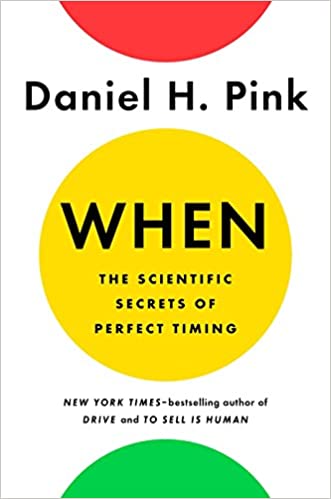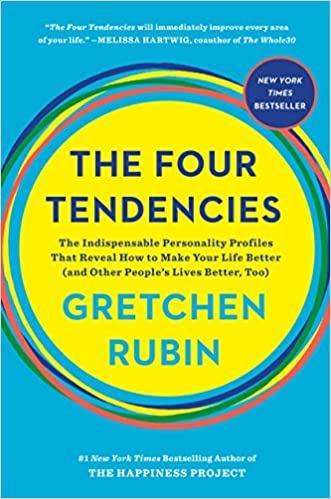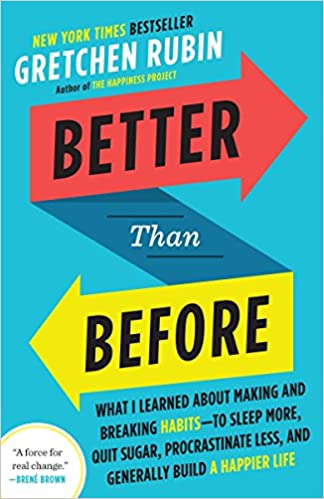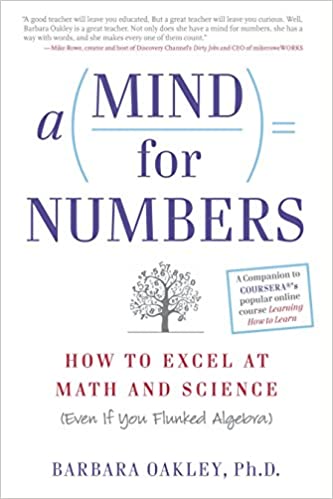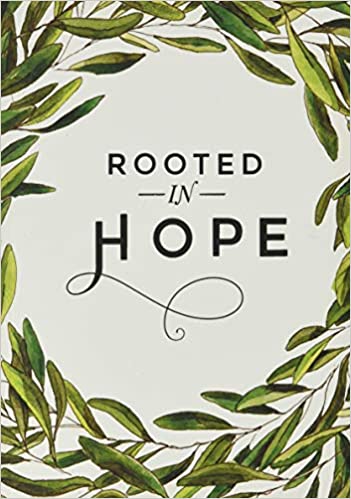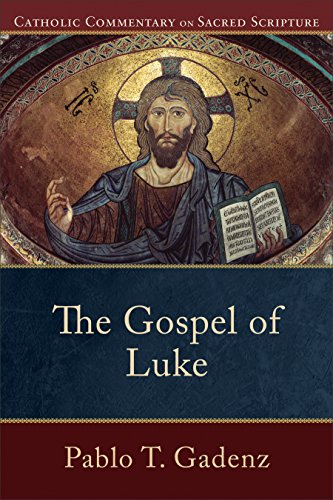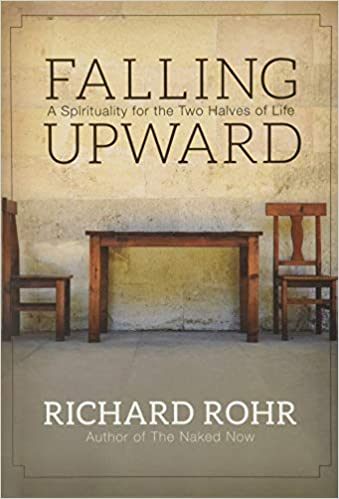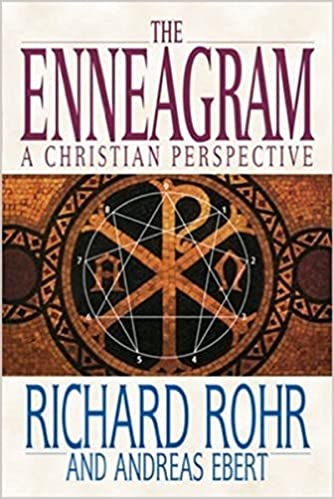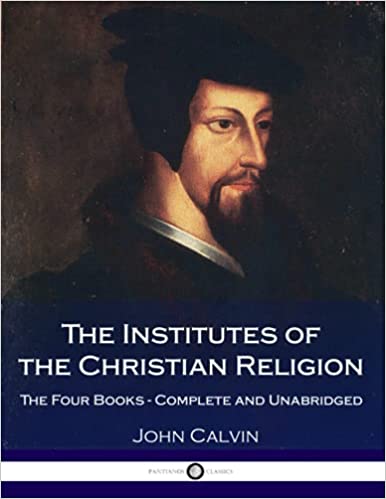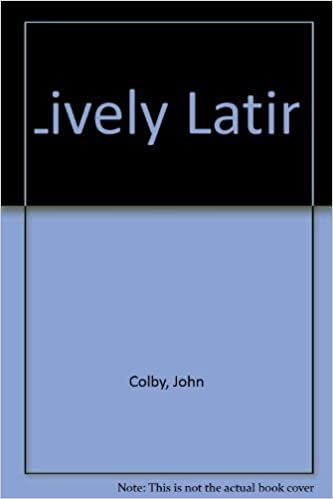When: The Scientific Secrets of Perfect Timing
Everyone knows that timing is everything. But we don't know much about timing itself. Our lives are a never-ending stream of "when" decisions: when to start a business, schedule a class, get serious about a person. Yet we make those decisions based on intuition and guesswork.
Timing, it's often assumed, is an art. In When: The Scientific Secrets of Perfect Timing, Pink shows that timing is really a science.
Drawing on a rich trove of research from psychology, biology, and economics, Pink reveals how best to live, work, and succeed. How can we use the hidden patterns of the day to build the ideal schedule? Why do certain breaks dramatically improve student test scores? How can we turn a stumbling beginning into a fresh start? Why should we avoid going to the hospital in the afternoon? Why is singing in time with other people as good for you as exercise? And what is the ideal time to quit a job, switch careers, or get married?
In When, Pink distills cutting-edge research and data on timing and synthesizes them into a fascinating, readable narrative packed with irresistible stories and practical takeaways that give readers compelling insights into how we can live richer, more engaged lives.
More info →The Four Tendencies
During her multibook investigation into understanding human nature, Gretchen Rubin realized that by asking the seemingly dry question "How do I respond to expectations?" we gain explosive self-knowledge. She discovered that based on their answer, people fit into Four Tendencies: Upholders, Questioners, Obligers, and Rebels. Our Tendency shapes every aspect of our behavior, so using this framework allows us to make better decisions, meet deadlines, suffer less stress, and engage more effectively.
More than 600,000 people have taken her online quiz, and managers, doctors, teachers, spouses, and parents already use the framework to help people make significant, lasting change.
The Four Tendencies hold practical answers if you've ever thought:
• People can rely on me, but I can't rely on myself.
• How can I help someone to follow good advice?
• People say I ask too many questions.
• How do I work with someone who refuses to do what I ask—or who keeps telling me what to do?
With sharp insight, compelling research, and hilarious examples, The Four Tendencies will help you get happier, healthier, more productive, and more creative. It's far easier to succeed when you know what works for you.
More info →Better Than Before
Most of us have a habit we’d like to change, and there’s no shortage of expert advice. But as we all know from tough experience, no magic, one-size-fits-all solution exists. It takes work to make a habit, but once that habit is set, we can harness the energy of habits to build happier, stronger, more productive lives.
In Better Than Before, acclaimed writer Gretchen Rubin identifies every approach that actually works. She presents a practical, concrete framework to allow readers to understand their habits—and to change them for good.
Infused with Rubin’s compelling voice, rigorous research, and easy humor, and packed with vivid stories of lives transformed, Better Than Before explains the (sometimes counterintuitive) core principles of habit formation and answers the most perplexing questions about habits:
• Why do we find it tough to create a habit for something we love to do?
• How can we keep our healthy habits when we’re surrounded by temptations?
• How can we help someone else change a habit?
Rubin reveals the true secret to habit change: first, we must know ourselves. When we shape our habits to suit ourselves, we can find success—even if we’ve failed before.
Whether you want to eat more healthfully, stop checking devices, or finish a project, the invaluable ideas in Better Than Before will start you working on your own habits—even before you’ve finished the book.
More info →Rooted in Hope
A newly revised bestseller, Rooted in Hope is a 33-day Advent and Christmas study that extends from November 30 to January first. In a look at Scriptures that tell the stories of prominent biblical figures, this study echoes and expands upon the popular Advent tradition of a Jesse tree. For each day, you'll find Scripture, a devotional essay, pages for guided lectio divina, and space to organize your days. Journaling pages and useful planning pages feature clear and elegant design, exquisite hand-drawn illustrations, and gorgeous calligraphy. A handy companion for Advent and Christmas seasons, the book will become a treasured keepsake for the woman who uses it.
More info →Ponder
This beautiful book is a thoughtful Scripture study of twenty key touchstones of Jesus' life. An intimate encounter with the rosary, this lovely volume integrates Bible study, journaling, and thoughtful daily action prompts. You will grow in your appreciation and understanding of this beautiful traditional devotion, while deepening your love for Jesus in the gospel. For each day, you'll find Scripture, a devotional essay, pages for Lectio Divina, gorgeous graphics to prompt your prayer, and ample journaling space. Clear and elegant design, hand-drawn illustrations, and lovely calligraphy make this book a treasured gift for the woman who uses it. A companion children's book invites families to study together.
More info →The Gospel of Luke
In this addition to the successful Catholic Commentary on Sacred Scripture series, Fr. Pablo Gadenz examines the Gospel of Luke from within the living tradition of the Church for pastoral ministers, lay readers, and students alike. Gadenz explains the biblical text clearly and concisely in light of recent scholarship and pays particular attention to the themes, theology, and Old Testament background of Luke's Gospel. Sidebars explain the biblical background and offer theological insights from Church fathers, saints, and popes, and reflection and application sections offer suggestions for daily Christian living.
More info →The Enneagram
Richard Rohr and Andrea Ebert's runaway best-seller shows both the basic logic of the Enneagram and its harmony with the core truths of Christian thought from the time of the early Church forward.
More info →The Institutes Of The Christian Religion: The Four Books – Complete and Unabridged
The Institutes Of The Christian Religion is a landmark text in the history of Protestant Christianity, and is a crucial publication amidst the upheaval of the Reformation of the 16th century. Its influence upon the subsequent founding and organization of the Protestant churches was profound, and the work continues to be referenced by scholars and historians to this day. First published in Latin but soon translated to John Calvin's native French, this book is also responsible for a substantive refinement of Francophone linguistics.
Calvin designed his book with the assumption of a basic level of theological knowledge on the part of the reader; namely the tenets of Christianity, the doctrines of the Holy Bible and the central importance of the Lord Jesus Christ. Herein we discover a wide-ranging yet thorough text; readers are given a deep and measured explanation of Protestant doctrine, an identification of the differences which Protestantism has with the Holy Catholic church, the errors identified in Catholicism, and a call to action following the divine calling of Christ and God.
Many inspirations may be observed in the manner John Calvin writes this text: the sacramental elements and the observance of the faith emphasized by Martin Luther, and the establishment of the divine will as noted by Martin Bucer are present. Prior to the publication of this work, other, shorter books attempted to explain Protestant theology. None however possessed the thoroughness or scholarly distinction of Calvin's work, which became both popular and vital to the growth of Protestantism as a Christian movement.
Where other editions may omit, condense or otherwise abridge the words of John Calvin, this printing does no such thing. Based upon a 1581 reprint of Thomas Norton's original translation first published in 1561, we find here the original version of the English text in its entirety as published during John Calvin's lifetime. An extensive table of contents allows readers to navigate and reference the text, which is organized into the traditional four book format established in the 16th century.
More info →

